Indira Gandhi: An iconic woman with an enduring legacy
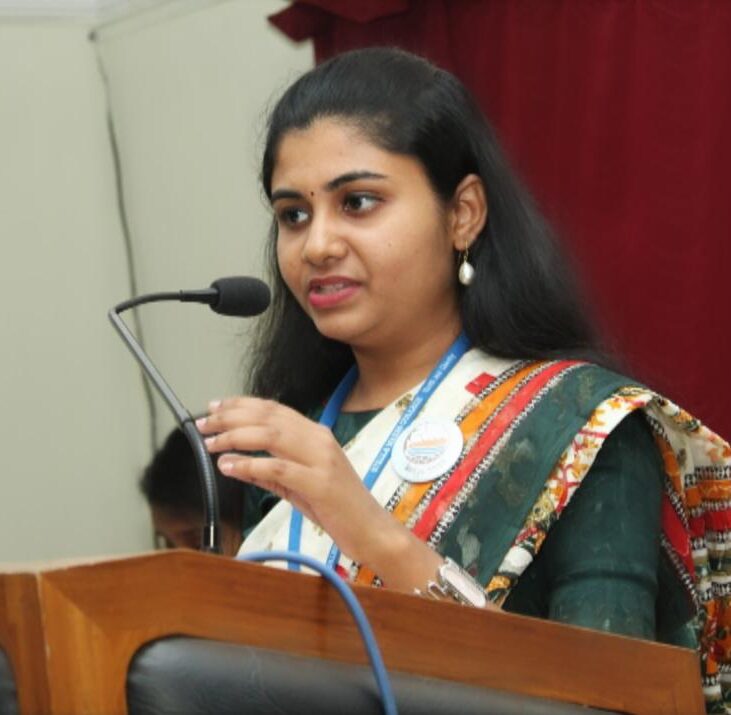
Oviya AJ has a keen interest in exploring her writing skills in the field of International Relations. She completed her master’s degree in International Studies from Stella Maris College, Chennai and also holds a bachelor’s degree in commerce.
Satisfaction lies in the effort, not in the attainment. Full effort is full victory.
Indira Gandhi
There are very few notable women leaders who have made their footprint in the global political arena and Indira Gandhi is certainly one of those names. The world’s second longest serving woman Prime Minister from 1966 to 1984, Indira was most admired for her iron-fisted approach and bold governance style who was elected four times as the Prime Minister of the country. This gives us three reigns of almost equal length, 1966-71, 1972-77 and 1980-end to 1984. In each, it was the same personality in office but a different prime minister. Mrs. Gandhi was no doctrinaire figure or captive to wisdom or ideas inherited from her father. She changed and evolved, sometimes for the better. The legacy of Indira Gandhi is an indelible impression in the world of politics. She set high standards for other women leaders across the world. Her success exhibits to us the eminence of taking advantage of your surroundings and not letting your gender define you. It is not only significant to talk about the stories of women in leadership, it is imperative. The life of Indira Gandhi is a story that inspires a whole generation of women to strive and achieve success by breaking the glass ceiling. Indira had a fine sense of humour. She had the unique capacity to laugh at herself! She would make shocking remarks in the midst of a cabinet meeting or narrate a joke on an appropriate occasion. She had a reservoir of jokes tucked away in her mind which she drew. At work, she had a total mastery of her own self, and this meant not only keeping cool but also composed. All through her life, letters meant a lot to Indira, especially during her childhood. They were a sought of personal touch with fellow human beings, each with a human need and human feeling which was yet another admirable quality about Mrs. Gandhi. We cannot attempt a better summing up of ‘Indira Gandhi’ than quote “…She never let her intellectual aesthetic or human sensitiveness be blunted… she had a certain ability to descend gracefully from the high peaks of statesmanship and political, strategic preoccupations to minute personal details about anyone with whom she happened to come into contact.”
As a Prime Minister
Strong-willed and determined Indira Gandhi’s tenure as Prime Minister challenged stereotypes at a time when the nation was not ready to witness a woman calling the shots. It would seem appropriate to say that Indira was born into politics. In fact, many observers seemed to think ‘India was Indira’! Like India with its fascinating blend of contrast, Indira herself became an enigma, symbolizing the nation’s political image, stability and variety.
When it came to the matter of functioning, national interest reigned supreme for her, and she would not compromise on it. Her dictates and fearless actions as the Prime Minister led people to quip that she was the only ‘man’ in the cabinet! Her first tenure, although, reflected some of that under-preparedness and diffidence. This is what persuaded Ram Manohar Lohia to use for her the description, “goongi gudiya” (dumb doll). She made the entire opposition pay for that over her “three” tenures in power. And how. After Mahatma Gandhi, it was probably Indira Gandhi who was seen as the greatest saviour of the poor, and over time as ‘Mother India.’ Following distinctively pro-poor policies, she nationalized 14 commercial banks in 1969, and abolished the privy purses of the erstwhile royals. She listened neither to ultra-pacifists who pleaded for a do-nothing approach, nor to hawks who said go to war now, but to Sam Manekshaw who said he needed time. This quality of Mrs. Gandhi conveys to us how important it is to buy the time and not jump into conclusions. As Manekshaw prepared his forces, she built the diplomatic foundation that this venture would have required at the peak of the Cold War, just when the odds had become even heavier against India, with the Nixon-Kissinger opening to China. In June 1975, Indira Gandhi, through the President, declared a state of internal emergency in India to apparently defeat the forces of disintegration that threatened the country. Indira felt that the country needed a ‘dose of bitter medicine’ to recover its health. The Emergency is one of the polemic periods of independent India’s history. Indira Gandhi justified her steps in terms of national interest, primarily based on three grounds which she thought could destabilize and weaken India.
- India’s security and democracy
- Rapid economic development
- Upliftment of the underprivileged and to check intervention of powers from abroad.
Indira Gandhi’s second tenure was indelible because she redeemed herself to some extent in the way she allowed it to end. Mrs Gandhi withdrew the Emergency, released political prisoners and held a fresh election proving, once again, that she was Nehru’s worthy daughter. Indira kept her priorities which was an extraordinary personality trait. National security was one of her prime concerns and the credit goes to her for making India’s fighting wing one of the best in the world today. Indira’s courage and outstanding leadership came to the fore when she dealt with the Pakistan war which began on December 3, 1971. She had given India a great military victory! Bangladesh became an independent country.
The rest of her last tenure is still rather recent history: the massacre in Nellie during an election forced on a furious Assam, Bhindranwale, Operation Blue Star, even the beginnings of Indian support to the Sri Lankan Tamil insurgency. History will take a more critical view of all of these, but these manifested the return of the iron lady.
As a World Figure
Indira was an Indian but her heart reached out to the world. The teachings and the example of Jawaharlal Nehru, who was one of the founders of the world peace movement, influenced Indira’s vision. All her life she used every single opportunity to fight for the cause of humanity. In an interview, Mrs Gandhi mentioned that the world faced two major challenges. One was the threat of a global war which held no bar since nuclear warfare, biological warfare, a war in outer space involved and all. According to her, a war would destroy the entire human race. The second threat was the disparity between the rich and the poor nations and within nations between those who are privileged and better-off and those who are poor and under-privileged. To face and fight these problems Indira undertook the task of bringing together all those nations which were averse to war. She literally became their champion. Her responsibilities in India did not deter her resolve to fight injustice in the world. Nor she was afraid of the pressures from the big nations. In 1966, Indira called for a tripartite non- aligned summit conference in New Delhi. At the summit, Indira Gandhi, President Nasser and President Tito called for an unconditional halt in the U.S bombing of North Vietnam. This caused strain in the Indo-American relationship, but Indira held her ground. She believed in peaceful coexistence.
The saga of Indira Gandhi tells us of one brave woman who established her own brand of politics based on a direct and unmediated relationship with the electorate, succeeded in banishing the very men who had at one time treated her patronisingly and shabbily, and became a loved Prime Minister. Her politics epitomised populism. She was a person who loved India with burning desire. All through her life she worked towards secularism and took steps to protect the minorities. She believed that India’s future depended much on whether Indian women had the wisdom and discrimination to distinguish between what to respect and what to reject, whether she was able to achieve a synthesis between the best of our traditions and most desirable in the modern thought. Under her leadership, the Indian society underwent vast changes. The rapid achievements made in all the spheres showed the magnitude of her contribution towards building a strong, harmonious, peaceful India. Hers was a tireless journey to make the nation conscious of this goal. Indira Gandhi will forever be remembered as a powerful and capable leader who brought her country to the world’s stage and developed India into a regional superpower. Y.V. Chandrachud, the chief justice of India once said that “She was a picture of courage in the moment of crisis.” The kind of woman she was is a very rare personality, the one like her may not be born again. Perhaps not in the next million years!
Featured Image: Wikimedia
References
- Gupta, S. (2017, November 16). 100 years on: The Idea of Indira. ThePrint. https://theprint.in/opinion/100-years-idea-indira/16784/
- Chandhoke, N. (2017, November 17). Such a long legacy: on Indira Gandhi. The Hindu. https://www.thehindu.com/opinion/lead/such-a-long-legacy/article20539718.ece
- Inc. (n.d.). Indira Gandhi: The powerhouse PM who symbolises women empowerment. Retrieved November 15, 2020, from https://www.inc.in/en/media/posts/indira-gandhi-the-powerhouse-pm-who-symbolises-women-empowerment


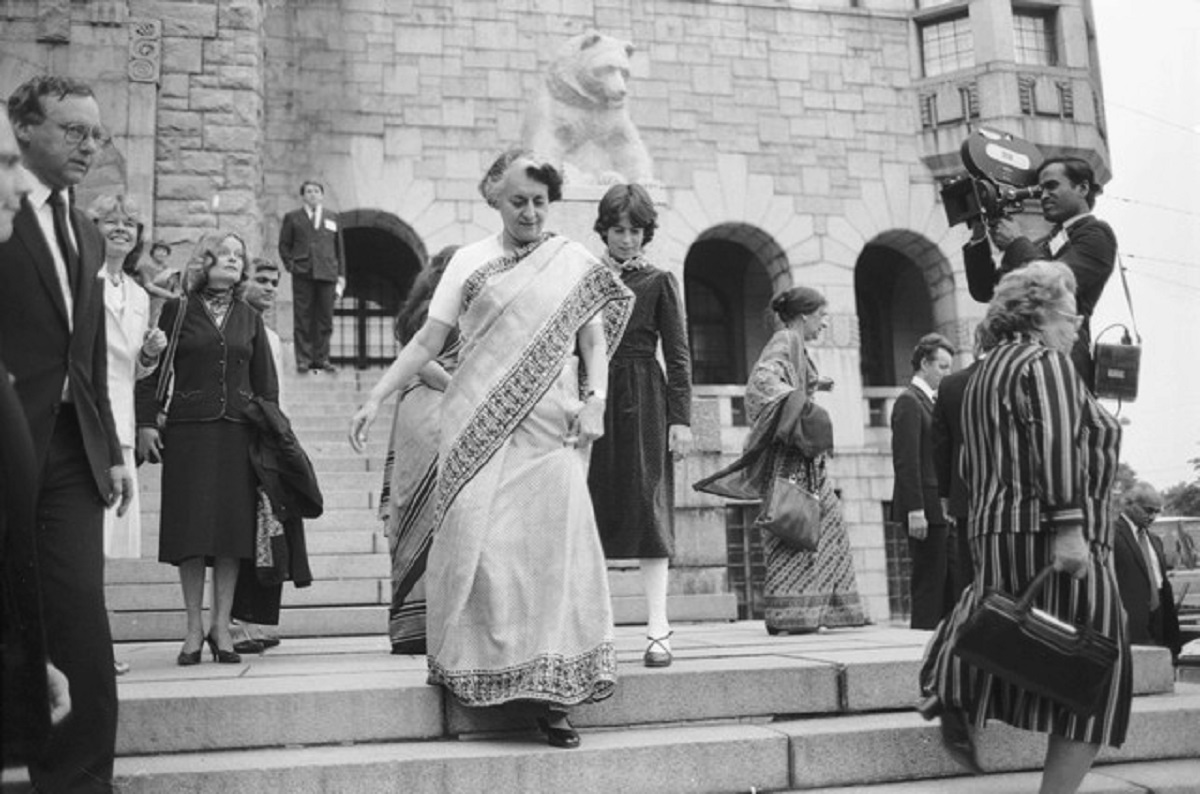
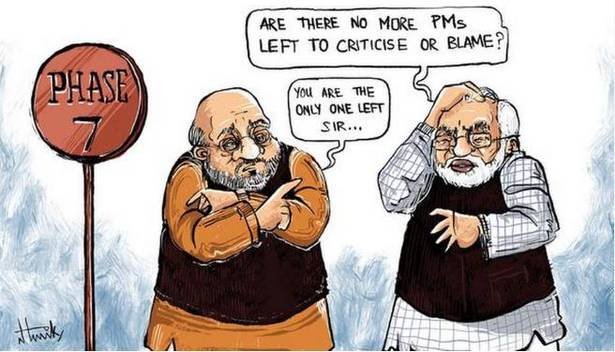

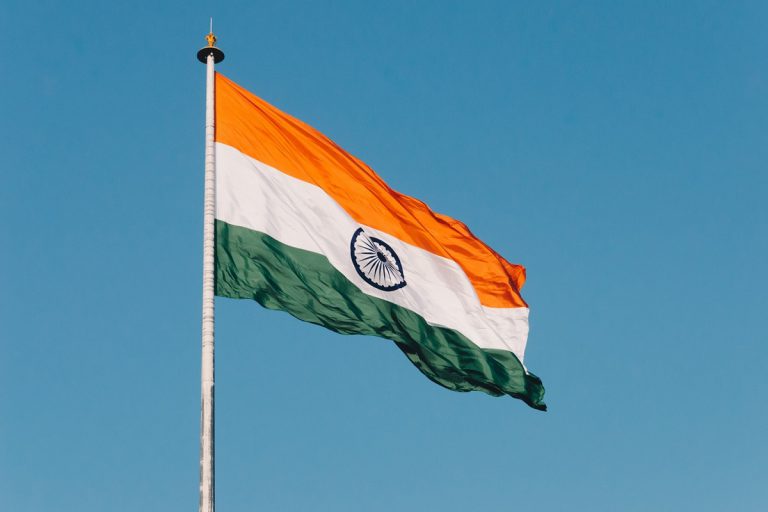

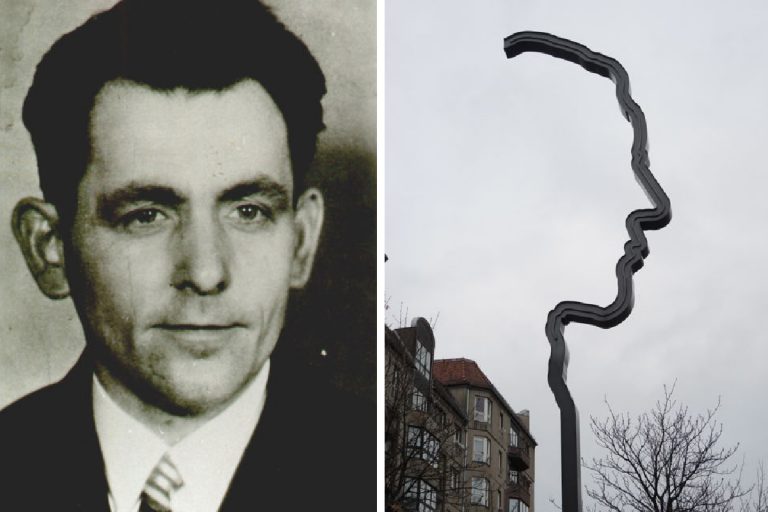
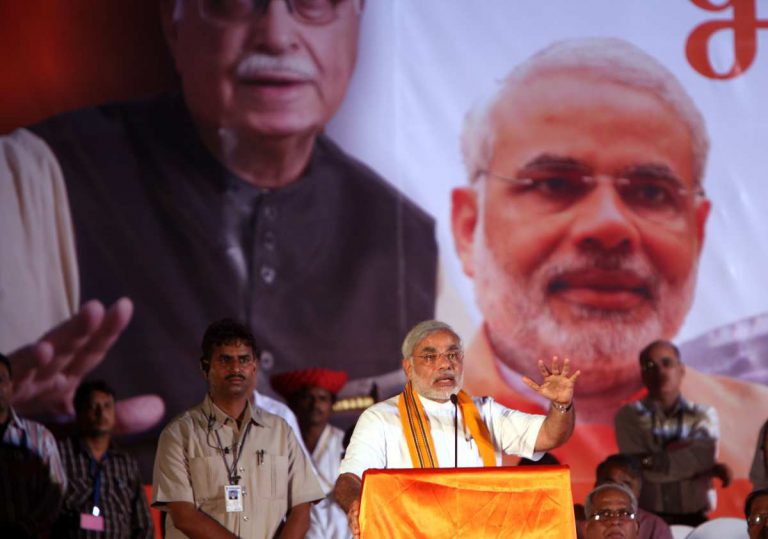
Good article, informative.
Wish you luck.